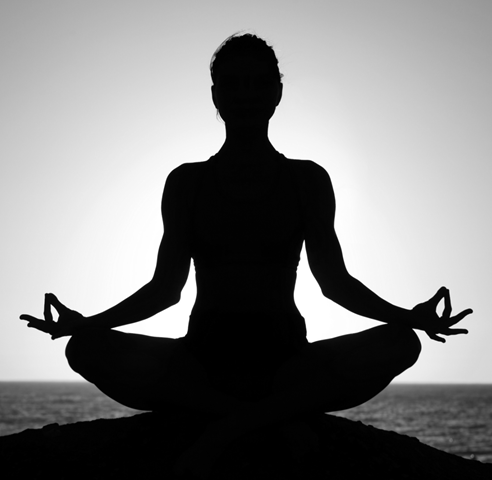What is mindfulness? Mindfulness is to pay full attention to the present moment without judgement. When you are in a meeting, exercising mindfulness means that you are not thinking of the stuff you need to do when you get back to your desk, or daydreaming about what you are going to do after work. Mindfulness means you are 100% committed to the present moment, your attention is 100% focused on what is being said, and people’s behaviours around the table.
Nowadays our computers and phones make it very easy to switch from one thing to another. You can have multiple windows open, you can have multiple tabs in your browser, you can quickly check your messages while waiting for a page to load… Overtime (years) you start having difficulty focusing and working on more complex tasks because your mind keeps wandering. You may already have experienced the shift.
Also, being more mindful means that you will register information that you wouldn’t have noticed before. In the meeting situation, you will detect people’s subtle body movements when they are getting bored or in disagreement, or register information in what is being said that you may have missed. Not only will you be more perceptive but you will remember better too.
But importantly, you will nurture your ability to work on deeper work.
Let’s look at some ways to increase your mindfulness.
Practice mindfulness in the everyday things.
Mindfulness is like a muscle you need to practice. Each and every moment is truly an opportunity to practice mindfulness: instead of picking up your phone while waiting for something, pay attention to your surroundings (the noise, the movements, the smells, the light and the shadows), and pay attention to your internal state (are you feeling stressed, at ease, tired, energized, etc…).
Practice mindfulness when you brush your teeth, when you wash your dishes, when you iron your shirts.
Make a conscious effort to not multi task
Multi-tasking prevents you from entering the zone, that state of mind where you are so focused that you are achieving at your peak performance. Your brain doesn’t really multi task well, what it does is pause one thing to do another one, then comes back to the previous one, etc… Each context switch has a cost in terms of losing your train of thought and preventing you from having deeper reflections.

So, reduce interruptions (stop notifications on your phone and computer), and work on one task at a time (keep track of a todo-list to know exactly where you left off if you do get interrupted.
Meditation
Without doubt, meditation is the best way to practice mindfulness. Any type of meditation or yoga can help train your brain to focus. Additionally these activities will help reduce your anxiety and reduce the chatter in your head, in turn minimizing the chances to lose your train of thought.

Note: you’ll find that meditating is a lot harder when you are tired. It shows the negative impact not enough sleep can have on your performance at work so make sure you are well rested.
Have you find other activities that help with mindfulness? Please share with us in the comments.

More Posts
7 Tips for Writing an Effective Meeting Summary
Writing a concise meeting summary is crucial. It ensures that everyone is aware of what happened, even if they missed it. It's extremely important in today's work world, where teams collaborate from different...
Weekly Digest for effective people #2
April 2 to April 8
How to Find More Time in Your Day?
![How to Find More Time In your Day]() Are you constantly racing against the clock, feeling like there's never enough time in the day to accomplish everything on your to-do list? You're not...
10 Ways to Implement Continuous Improvement in the Workplace
It's key for any business to focus on getting better. This helps make the workplace more efficient and encourages new ideas. By making things better, companies can make customers happier and do better...